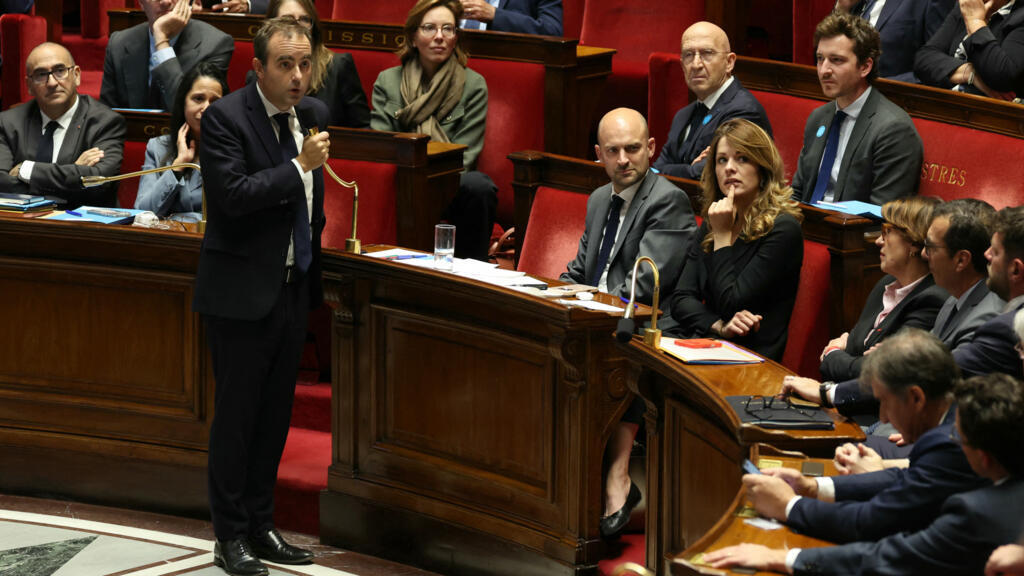
French MPs will on Monday resume their race against time to draft a budget bill to be pushed through parliament by the end of the year.
On Friday, during negotiations over how to raise money, the so-called "Zucman tax" was rejected by 228 votes to 172.
Named after the French economist Gabriel Zucman who devised it, the scheme, which was championed by a bloc made up of the Socialist, Communist, Green parties and the hard-left France Unbowed, aimed for a minimum two-percent tax on wealth over €100 million.
MPs also voted down a "Zucman-light" proposal from the Socialists. This version called for a minimum three-percent levy on assets of €10 million and above, excluding family and "innovative" businesses.
"It seems highly likely that the lower house will not be able to complete its examination of the budget on time," warned Philippe Juvin, one of the top politicians charged with ushering the bill through parliament.
“A vote on the revenue section may take place, but not on the expenditure section,” he told French broadcaster LCI.
Republicans boss Retailleau to meet party chiefs over Lecornu cabinet picks
MPs have 40 days to give their first reading of the state budget, and parliament as a whole has 70 days to decide, according to constitutional deadlines.
The voting on raising revenue, scheduled for 4 November, appears unlikely to take place with more than 2,000 amendments still to be scrutinised.
On 5 November, MPs will start their deliberations on the ways to fund social security in the country.
The state budget will not return to the agenda in the Assembly until 12 November. That will leave MPs with 11 days before politicians in the Senate start looking at the proposals.
French PM Lecornu quits a day after naming cabinet
Prime Minister Sébastian Lecornu does not have a majority in parliament and needs support from Socialist lawmakers to get the budget passed.
He also relies on the party's MPs to survive potential votes of no confidence.
"We are not calling for dispossession or confiscation, we are demanding tax justice," Socialist lawmaker Boris Vallaud said ahead of Friday's vote.
France targets the rich with temporary tax hikes to bring down debt
After senators finish looking at the budget, MPs in the Assembly will have the final say.
The potential legislation will also face scrutiny from the constitutional court, which has struck down tax laws it deemed confiscatory.
“There’s no need for people to worry," Juvin added. "There will be a text before 31 December. And that text will either be passed by both the National Assembly and the Senate, or it will be rejected by the assembly,” he said.
"In that case, the government will have in hand what is called a special budget law, as it did last year."







